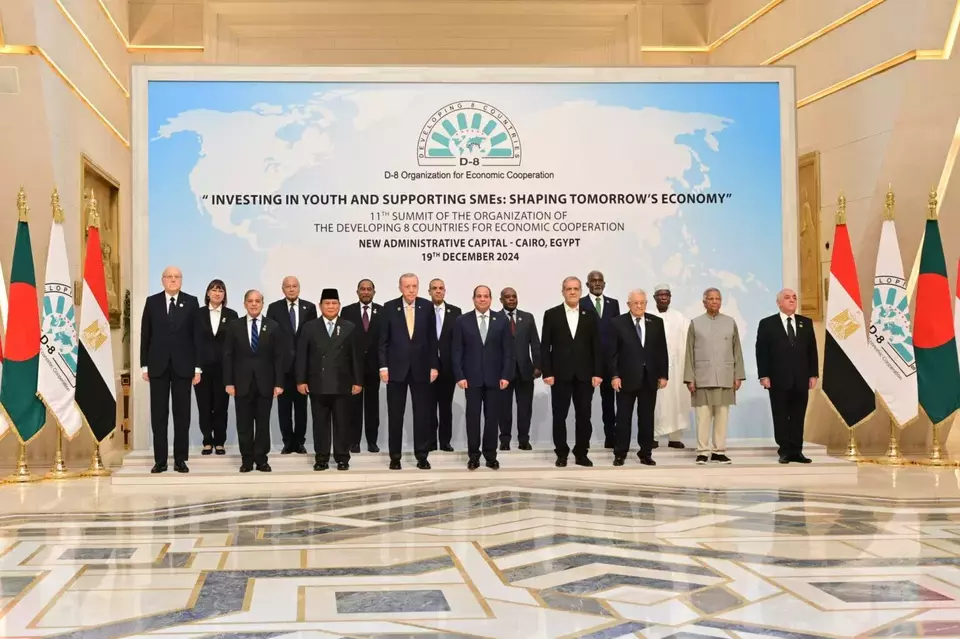A member of Jordan’s royal family is urging the Australian Government to demand higher standards of its live export customers in the Middle East.
Princess Alia Al Hussein says Australia should refuse to export sheep and cattle to any market where stunning is not used before slaughter.
With financial support from the Australian Government and advice from animal advocacy charity Animals Australia, the Princess Alia Foundation has introduced stunning for more than 80 per cent of all livestock slaughtered in Jordan.
The foundation’s goal is a 100 per cent take-up of the Australian standard where animals are stunned with an electric charge or percussive blow to make them unconscious before their throats are cut.
Princess Alia says an Islamic fatwa supporting this method was issued in the 1960s and she believes the practice should be mandatory across the Middle East, where Australia will export 2.6 million sheep and about 200,000 cattle this year.
“I think you do have a right to demand that the creatures you have raised are treated in the right way and especially when it is possible, it is feasible and it’s not that hard to do,” Princess Alia said.
She says Australian chilled and frozen meat is widely imported across the region and is accepted by religious authorities as halal or compliant with Islamic sharia law.
“In Islam halal it’s also about how you treat the animal. You are supposed to lead it to death in a kind way, in a beautiful way,” Princess Alia said.
“So it may sound like an oxymoron but you’re actually supposed to treat it in a good way the whole way along the process, so it’s not just about killing it quickly it’s about not beating it, not stressing it.”
After Animals Australia and ABC TV’s Four Corners program exposed cruel practices in Indonesian abattoirs this year, the Australian Government announced new guidelines last month for the billion-dollar-a-year live export industry.
The blueprint demands compliance in all destination markets with standards set by the OIE, the World Organisation for Animal Health.
It will also require markets to ensure supply chain traceability to approved slaughtering facilities by the end of next year, but falls short of requiring stunning, which is not necessary under the OIE guidelines.
Meat and Livestock Australia’s livestock services manager for the Middle East Peter Dundon says Australian importers will instead try to encourage stunning in the region.
“Stunning is a matter for the importing country government, religious authorities and the importer,” says Mr Dundon.
The chairman of the Bahrain Livestock Company, Ebrahim Zainl, says Australia’s more diplomatic approach has a greater chance of success.
“Stunning is something new to this part of the world and unless it is made as gradual steps [it] could have some sort of negative reaction from the public,” he said.
“And it would not be to the interest of the Australian trade as a whole because people could consider that this is enforcing something which is not acceptable to the public.”
But Animals Australia advocate Lyn White says it is a missed opportunity by Australia to use its commercial leverage to enforce the more humane standard.
“We’ve seen in Indonesia in the past six months that we’ve gone from two to five facilities starting (stunning) to now 70 facilities by the end of the year,” she said.
“That’s because they were concerned at losing their supply of Australian animals, so there is real commercial leverage there and certainly the opportunity was there, and we’re disappointed that it hasn’t been taken.”
Ms White is hopeful that a bill expected to be introduced to Federal Parliament this month by Tasmanian independent Andrew Wilkie may still achieve a more humane outcome.
If passed, the law would require mandatory stunning in all Australian live export markets.
“We believe there’s considerable support amongst the Coalition and the ALP for stunning in importing markets,” says Ms White.
“You know there is considerable concern about live animal export and the community is not going to accept animals being sent to countries where they are not stunned before slaughter.”
Watch the full report on Landline, ABC 1 Sunday November 13 at midday.



